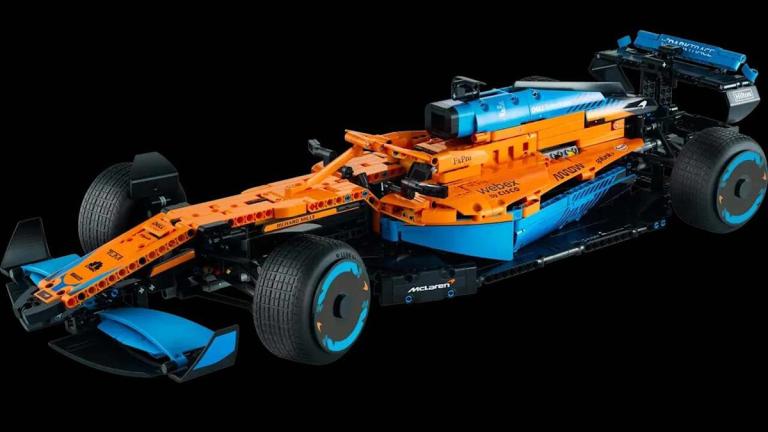
RIDGEVILLE — South Carolina’s motto may be “While I breathe, I hope,” but in the next few years it might very well look to adopt the Swedish car-maker’s slogan of “Volvo for Life.”
Ten years after Volvo Cars launched its first North American manufacturing plant in Ridgeville, executives are working on an aggressive timeline to make the most of its $1.3 billion investment that has struggled to meet capacity.
The plant has an annual output of about 26,000 cars. But with the Sept. 23 announcement of an all-new hybrid vehicle to be made in the U.S. in 2030, the production line should finally hit the 150,000 vehicles a year it was built for.
Tariffs have accelerated the increased production plans,
CEO Håkan Samuelsson said while visiting stateside for Volvo’s 10-year anniversary celebration.
“To have faster deliveries, we need to build where we sell,” he said. Currently, cars imported to the U.S. from Sweden and the European Union face 15 percent tariffs.
By 2030, the original equipment manufacturer will add a still-unnamed hybrid vehicle to production — the fourth car on its Ridgeville line. The boost is expected to double its workforce to 4,000.
While few specifics have been confirmed about the hybrid under design in Sweden, Volvo has held clinics with American consumers to determine the present market needs. Samuelsson confirmed it will be a second-generation hybrid and “more of an electric car with a backup engine.”
First-generations are more derivative of a combustion car, he said, but the new vehicle will have “very fast acceleration,” be agile and quiet, and have an onboard charger.
“Many places in America are still not ready for full electric cars,” Samuelsson said. “Then this will be a very good solution.”
The future hybrid will accommodate the specific demands of the U.S. market, with its larger size with “room for big families and luggage and everything they bring along,” specific colors and even how it’s marketed, Samuelsson said.



